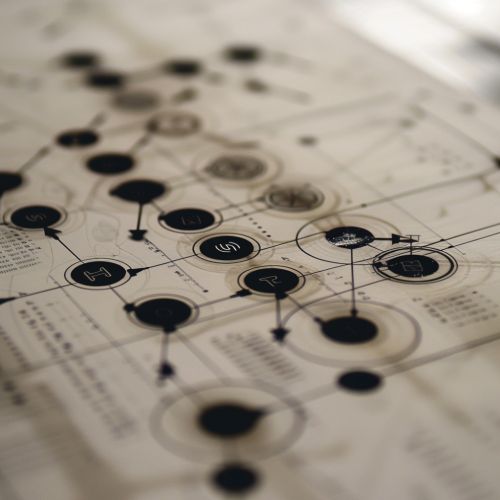Automata Theory
Introduction
Automata theory is a branch of computer science that deals with the logic of computation with respect to simple machines, referred to as automata. It involves the study of abstract machines and the computational problems that can be solved using these machines. These abstract machines are called models of computation and allow scientists to understand how machines compute functions and solve problems.
History
The concept of automata theory dates back to ancient civilizations, with the creation of simple automatons. However, the formalization of automata theory began in the 20th century with the work of mathematicians such as Alan Turing and Alonzo Church. Their work laid the foundation for the field of computer science and the development of digital computers.
Formal Definition
An automaton is a mathematical object that takes a string of symbols as input and performs a sequence of state transitions based on the input symbols. The state transitions are determined by a function that takes a state and an input symbol as parameters and returns a new state. The automaton accepts the input string if the sequence of state transitions leads to a designated accepting state.
Types of Automata
There are several types of automata, each with its own capabilities and limitations. These include:
Finite Automata
A finite automaton is a 5-tuple (Q, Σ, δ, q0, F), where:
- Q is a finite set of states.
- Σ is a finite set of input symbols.
- δ is the transition function.
- q0 is the initial state.
- F is the set of accepting states.


Pushdown Automata
A pushdown automaton is a type of automaton that employs a stack to handle additional information. It extends the capabilities of finite automata and can recognize context-free languages.
Turing Machines
A Turing machine is a theoretical machine that manipulates symbols on a strip of tape according to a table of rules. It is considered the most powerful model of computation.
Applications
Automata theory has various applications in computer science and related fields. These include:
- Compiler design: Automata are used in the lexical analysis and parsing stages of a compiler.
- Text processing: Regular expressions, which are based on finite automata, are used in text processing.
- Artificial Intelligence: Automata are used in the design of intelligent systems.
Conclusion
Automata theory is a fundamental aspect of computer science that provides a framework for understanding computation. It has wide-ranging applications and continues to be a vibrant area of research.
